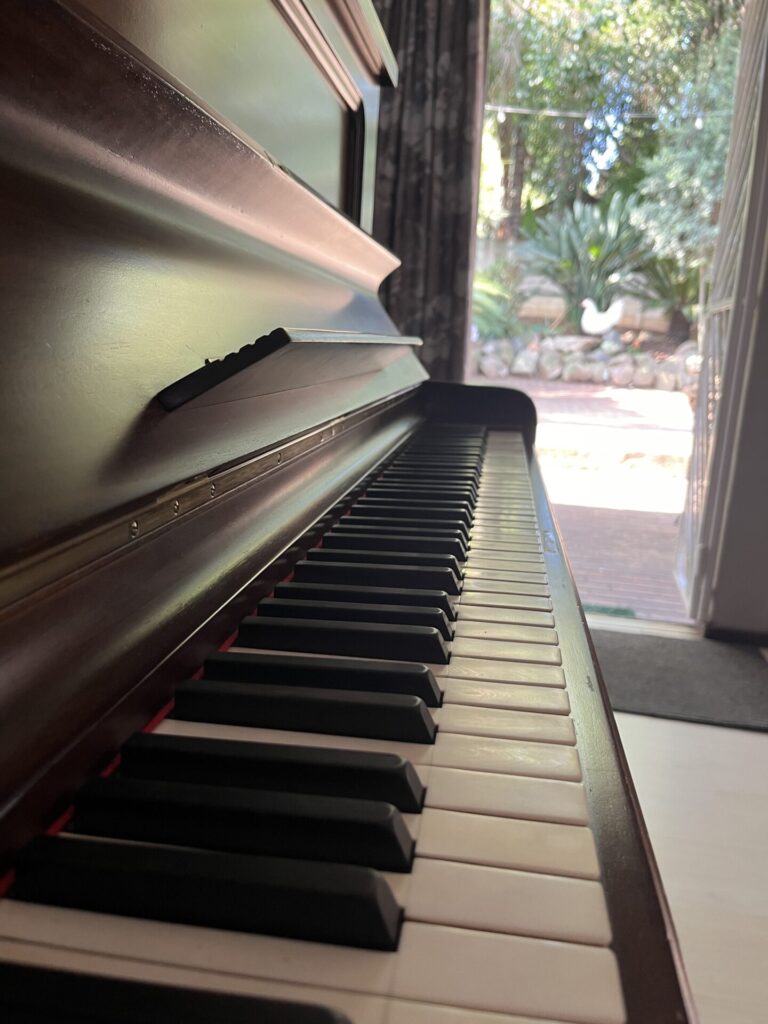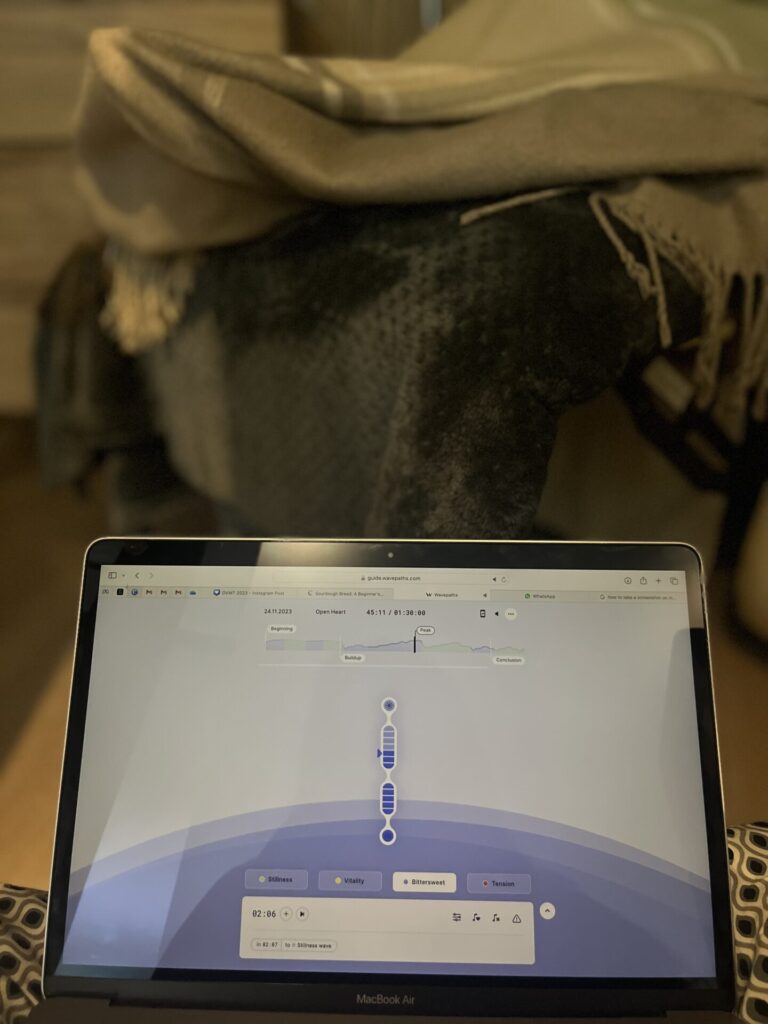
A journey with Infertility and honouring it all
As World Infertility Month comes to an end, I thought I’d share a part of our story and how I needed to move inward to navigate the often-tumultuous nature of fertility treatment. The conversation around growing our family was not one Dwayne and I took lightly or had over a quick phone call. We spent months, if not years, deliberating it: what it might look like for us, how our professional lives might need to change, and whether we thought we had a “good enough” support system, as we live quite far from most of our families. It was not a decision we took lightly. So once we decided that we wanted to “go for it,” we knew it might take a few months after stopping all contraception. When the ten-month mark hit and

Music and the Nervous System
From the beginning of time, music has captivated humanity, weaving its way into every culture and corner of the earth. But beyond its ability to move souls and ignite emotions, music possesses a fascinating power: the ability to directly influence the intricate workings of our nervous system. This blog post delves into the interconnectedness between music and nervous system regulation, exploring the scientific evidence and potential therapeutic applications of this harmonious pairing. What is the human nervous system? The sympathetic nervous system (SNS) and the parasympathetic nervous system (PNS) are two branches of the autonomic nervous system, which controls involuntary functions like heart rate, breathing, and digestion. They work in opposition to each other to maintain a balance in your body. The sympathetic nervous system (SNS) is responsible for our fight-or-flight response, and

Music our ever-present companion: How music helps us heal
Music our ever-present companion: How music helps us heal From the lullaby that cradled us as infants to the soaring anthem that fuels our workout, music is omnipresent. It weaves through our lives, a soundtrack to our joys and sorrows, celebrations and quiet moments. But beyond mere entertainment, music holds a deeper power: it heals. This therapeutic quality of music isn’t some new-age mumbo jumbo. Scientific research paints a clear picture of how our brains and bodies respond to music. Studies show that listening to music can: Reduce stress and anxiety: Gentle melodies and calming rhythms trigger the release of endorphins, our body’s natural painkillers and mood elevators. This can lower cortisol levels, the stress hormone, and create a sense of peace. Alleviate pain: The distracting power of music can take our

The music in psychedelic-assisted therapy (PAT) plays a crucial role in shaping and amplifying the experience.
The Music we use for Psychedelic-Assisted Therapy (PAT) matters. The music in psychedelic-assisted therapy (PAT) plays a crucial role in shaping and amplifying the mystical experience, acting as a powerful tool for therapists and a potent guide for patients. Here are some of its key effects: Emotional Bridging: Evoking and intensifying emotions: Music can tap into many emotions, from joy and wonder to sorrow and fear. When these emotions resonate with the patient’s inner state under the influence of psychedelics, it can lead to a more profound and impactful experience. Facilitating emotional release: Psychedelic sessions can bring up repressed emotions, and music can create a safe space for their expression. This can be cathartic, leading to the release, acceptance, and integration of these emotions. Cognitive Enhancement: Guiding imagery and introspection: Carefully chosen music

Moving from survival to living
Moving from survival to living It is a known fact that the past three years have been exceptionally hard for most. People have been experiencing great difficulties and it seems as if survival has become the norm. Survival mode is a phase of life where the main goal is to get through the next few minutes or hours. Mundane tasks like deciding what to have for supper or who must do what chores seem impossible and overwhelming. Therefore, medium- and long-term goals are nowhere to be found. Being in survival mode for extended periods of time often leaves us in a catch-22. The never-ending tasks and pace of life does not really leave much room to breathe and recover. It feels as if there is and always will be a new crisis. Something

Breathing like the walls do
I recently attended a meditation facilitated by a traditional healer and as per usual (for guided meditation at least) he invited us to become aware of our breathing. This is a familiar space for me. Personally, I am quite comfortable with my breath and am well aware of the positive effect it has on my health and well-being. While I got into the flow of my breathing, I felt myself sink into the wall behind me, feeling it support the weight of my body. As I felt my breathing slow down and become deeper the facilitator invited us to imagine breathing as if we were the walls of the room we sat in. This request immediately made me feel uncomfortable. “The walls?” I thought to myself. How could I possibly breathe like

